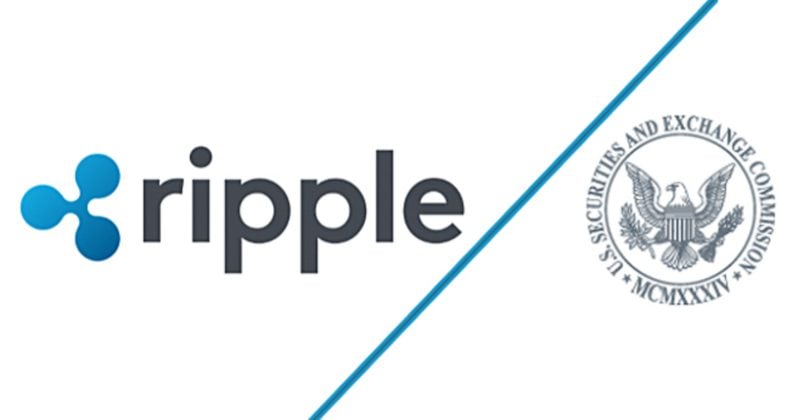
Court rejects Ripple and SEC bid to slash $125M penalty and lift injunction on XRP sales to institutions
Judge cites need for finality in court decisions as SEC and Ripple’s settlement deal is turned down.
A federal judge on Thursday denied a joint request from the SEC and Ripple Labs to slash a $125 million penalty and lift legal constraints on Ripple’s institutional XRP sales, keeping in place the injunction imposed in 2024, as announced by defense lawyer James Filan.
The motion, submitted earlier this month, marks the parties’ second bid to convince the court to dissolve the permanent injunction and reduce Ripple’s civil penalty under a proposed settlement. It sought to dissolve the injunction against Ripple and reallocate the $125 million civil penalty, proposing that $50 million be paid to the SEC and the remaining $75 million returned to Ripple.
Their first attempt was rejected by Judge Analisa Torres for failing to demonstrate the “exceptional circumstances” necessary to justify modifying a final judgment.
Why did Judge Torres reject Ripple and SEC’s second attempt to undo the judgment?
Their second bid, like the first, failed to persuade Judge Torres to reverse course, as the parties, as per the filing, did not meet the strict legal standard required to alter a final judgment. She also dismissed the idea that a change in SEC policy or a newly formed crypto task force justified erasing the penalty.
In their joint motion, the SEC and Ripple cited other crypto-related cases where the SEC had voluntarily dismissed their lawsuits. But as Judge Torres noted, those cases never reached a final ruling, unlike the Ripple case. In each example, the SEC withdrew before any court determined that a legal violation had occurred.
“The Court is not persuaded. For starters, none of the enforcement actions cited by the parties involved an injunction or a civil penalty. In each of those cases, the SEC dismissed its case before a court found a violation of federal securities laws,” the ruling wrote.
Judge Torres stressed that if the SEC and Ripple want to end the case, the simplest way is to withdraw their pending appeals. Otherwise, if the parties wish to have the court’s rulings erased, they must follow the proper legal process by appealing the decision through the court system.
Moreover, according to Judge Torres, final court decisions serve the public interest, especially when they enforce federal laws designed to protect investors. Reversing the penalties would send the wrong message to other companies considering whether to comply with securities laws.
She reiterated that to request a change to the final judgment, the parties must demonstrate “exceptional circumstances that outweigh the public interest or the administration of justice.” However, their second motion fell far short of meeting that standard.
